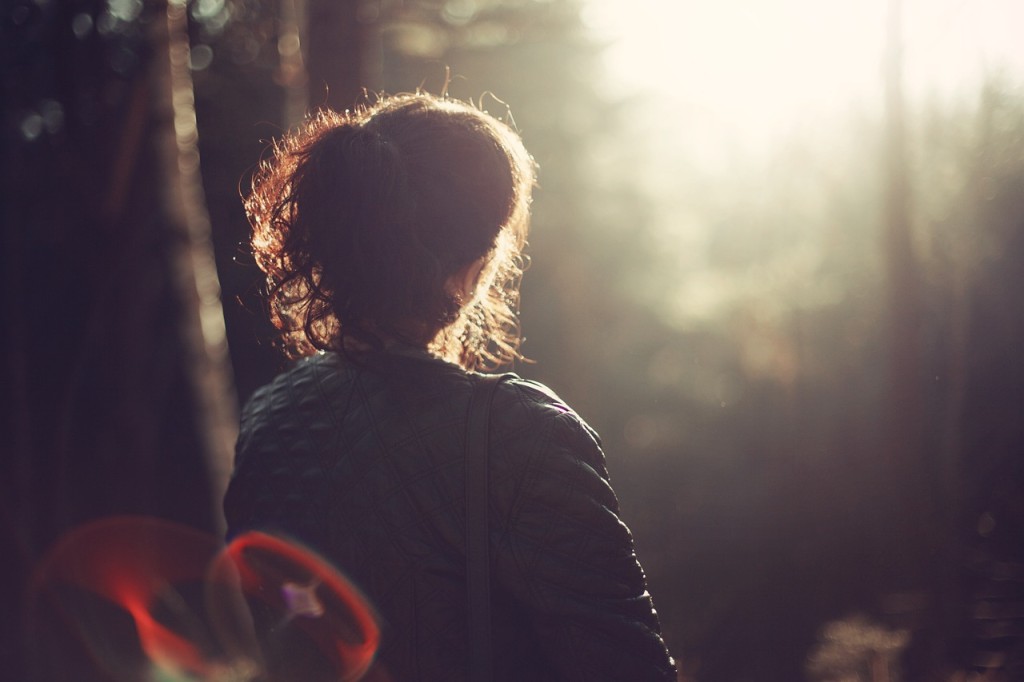
While the holidays are typically seen as a time of social gatherings, gift-giving, and celebration, they can also prove to be a challenging time of the year for those vulnerable to or recovering from alcoholism. If you or a loved one are recovering from alcohol addiction this holiday season, here are five strategies to help you confront alcoholism and navigate the holidays in a positive, recovery-focused way.
Alcoholism and the Holidays
Research shows that during the holiday season, alcohol consumption increases significantly. For example, one-quarter of the $49-billion-a-year distilled spirits industry’s profits come from the month between Thanksgiving and New Years’ reports the Distilled Spirits Council of the United States [1].
Additionally, a 2018 OnePoll survey found that during the holidays, the average American drinks double the number of alcoholic drinks they normally consume during other times of the year [2]. Another report by Alcohol Monitoring Systems found that between Thanksgiving and New Year’s, over 450,000 monitored DUI offenders increased their alcohol consumption by 33 percent, despite knowing they were being monitored [3].
From increased social pressures to drink alcohol at parties and family gatherings to a surge in holiday-related stress, depression, and grief, the holidays can create the perfect storm for those struggling with alcohol addiction.
This may be especially true this holiday season, as many people are suffering from the impacts of the COVID-19 pandemic. But the good news is, by planning ahead and creating a strategy for success, you can confront alcoholism during the holidays and stay strong in your recovery journey.
Know Your Triggers
 First and foremost, it’s critical to identify the situations and circumstances that may trigger a relapse. While being around alcoholic drinks at parties and gatherings may be an obvious trigger, less obvious ones may include financial anxiety from holiday shopping, stressors from being around certain family members, loneliness, or grieving the loss of a loved one. Once you’ve identified your triggers, come up with a plan to manage or avoid them.
First and foremost, it’s critical to identify the situations and circumstances that may trigger a relapse. While being around alcoholic drinks at parties and gatherings may be an obvious trigger, less obvious ones may include financial anxiety from holiday shopping, stressors from being around certain family members, loneliness, or grieving the loss of a loved one. Once you’ve identified your triggers, come up with a plan to manage or avoid them.
For example, if you struggle with being alone on the holidays but can’t visit family this year due to COVID-19, look for other ways you can stay socially active and connected to others this holiday season.
This might mean asking close friends if you can spend the holiday with them, volunteering at a local community event or charity, attending an AA holiday gathering, or simply celebrating the holidays digitally with your family via Zoom or Facetime. While you may not be able to completely avoid certain triggers this holiday season, identifying them ahead of time and coming up with a plan to manage them can ensure you stay strong on the recovery path.
Enlist a Support Partner
If you’re planning on attending family or social gatherings where alcohol will be served this holiday season, it may be helpful to open up about your journey to sobriety with a trusted friend or family member who will also be in attendance. Having someone there who knows what you’re going through and can provide additional support and encouragement will help keep you accountable and on track in recovery.
And if you’re traveling this holiday season and don’t have anyone nearby that you can confide in, reach out to a trusted friend and ask them if you can call and check in with them periodically throughout your travels.
Start New Traditions
If your past holiday traditions included (or centered around) drinking alcohol, it’s probably time to let go of a few old traditions and establish some new ones. For example, instead of sitting around for hours with friends/family sipping Christmas cocktails or eggnog, plan an outdoor adventure everyone can enjoy (sledding, building a snowman, going ice skating, having a snowball fight, hiking, walking along the beach, etc.).
And if you or your crew don’t love the outdoors, there’s plenty of non-drinking activities you can do inside, like a board game night, movie marathon, cookie baking contest, or gingerbread house decorating. Not only will you be protecting your sobriety, but you’ll also be creating new memories and traditions.
Practice Self-Care
 The holidays are often filled with hours of unstructured downtime. Without the normal structure of your day-to-day routine coupled with other potential triggers (pressure to social drink, holiday emotions, and stress), this downtime can increase your likelihood of misusing substances. One of the best ways to keep yourself from slipping back into unhealthy drinking habits during the holidays is to intentionally fill up your downtime with self-care activities.
The holidays are often filled with hours of unstructured downtime. Without the normal structure of your day-to-day routine coupled with other potential triggers (pressure to social drink, holiday emotions, and stress), this downtime can increase your likelihood of misusing substances. One of the best ways to keep yourself from slipping back into unhealthy drinking habits during the holidays is to intentionally fill up your downtime with self-care activities.
This might look like going on a long walk or run, hitting the gym in the afternoon, taking a nap, going for a bike ride, reading a book, or engaging in a favorite activity. By planning ahead and having one or two self-care activities to fall back on, you’ll be better prepared to avoid situations that might tempt you to drink.
Seek Help & Support for Your Alcoholism During the Holidays
Finally, don’t try to confront alcoholism during the holidays alone. Amidst the busyness of the holiday season, you may be tempted to take time off from therapy/counseling or skip your usual AA meetings. But the truth is, during the holidays, you probably need these support systems more than ever before.
So keep seeing your counselor/therapist (or if you aren’t currently seeing anyone, now is a great time to start!) and go to regular meetings to ensure you stay strong in your sobriety. And if you’re traveling for the holidays, find out where the closest AA meeting is and make plans ahead of time to attend. Additionally, if you have a private counselor or therapist, ask them if they can conduct virtual sessions while you’re away.
Resources:
[1] Holiday Binge Drinking: Statistics & Data. Alcohol.org. https://www.alcohol.org/statistics-information/holiday-binge-drinking/.
[2] Schmall, T. (2018, December 4). People drink twice as much alcohol over the holidays. New York Post. https://nypost.com/2018/12/04/people-drink-twice-as-much-alcohol-over-the-holidays/.
[3] Holiday Binge Drinking: Statistics & Data. Alcohol.org. https://www.alcohol.org/statistics-information/holiday-binge-drinking/.
About the Author:
 Sarah Musick is a freelance writer who specializes in eating disorder awareness and education. After battling with a 4-years long eating disorder, she made it her mission to help others find hope and healing in recovery.
Sarah Musick is a freelance writer who specializes in eating disorder awareness and education. After battling with a 4-years long eating disorder, she made it her mission to help others find hope and healing in recovery.
Her work has been featured on numerous eating disorder blogs and websites. When she’s not writing, Sarah is off traveling the world with her husband.
The opinions and views of our guest contributors are shared to provide a broad perspective on eating disorders. These are not necessarily the views of Eating Disorder Hope, but an effort to offer a discussion of various issues by different concerned individuals.
We at Eating Disorder Hope understand that eating disorders result from a combination of environmental and genetic factors. If you or a loved one are suffering from an eating disorder, please know that there is hope for you, and seek immediate professional help.
Published December 22, 2020, on EatingDisorderHope.com
Reviewed & Approved on December 22, 2020, by Jacquelyn Ekern MS, LPC
